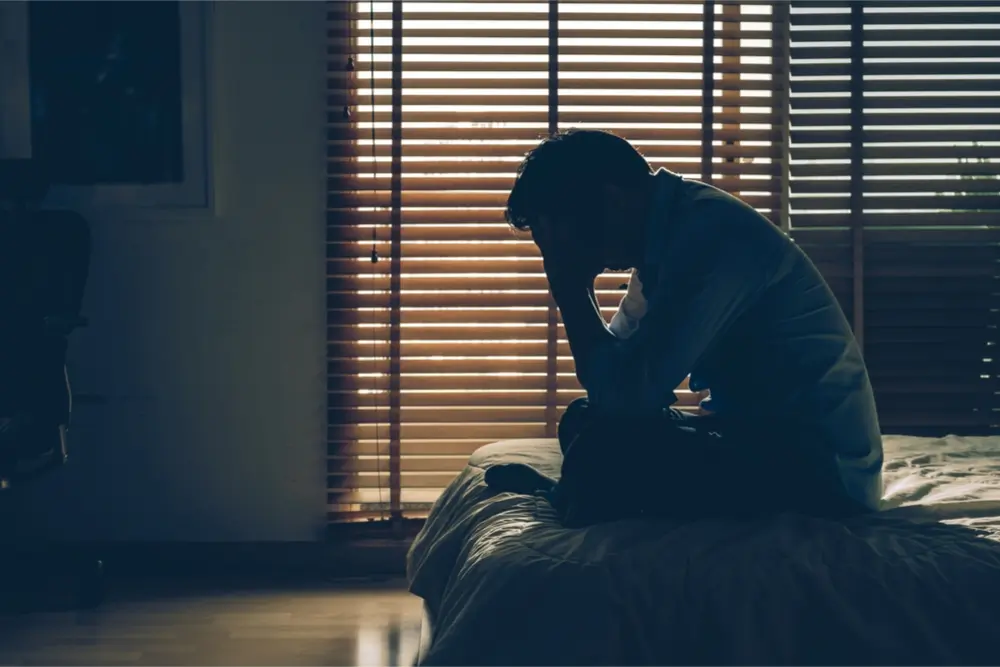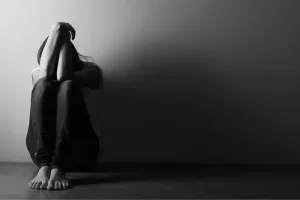What is Bipolar Disorder?
Medically Reviewed by Dr Aifric Boylan
Last updated on 11.06.2024
What is Bipolar Disorder?
Bipolar affective disorder is a mental illness that usually affects people in the following ways:
- Swings between episodes of depression & episodes of abnormally elevated mood (either mania or hypomania – hypomania is like mania, only milder).
- Each cycle can last weeks, months or even years.
- There can be periods where there is a mix of both extremes of mood.
- The episodes of abnormally elevated mood can manifest as overactivity, irritability, reduced sleeping, confusion or even delusions and hallucinations.
- People with bipolar disorder tend to spend more time depressed than manic.
- As many as half of all people with bipolar affective disorder will experience rapid cycling, where several cycles of illness occur within a year.
What are the symptoms of mania and hypomania?
Mania:
- can be easier to spot than hypomania.
- is characterised by feelings of elation and a lack of insight that there’s a problem.
- can lead to pretty severely abnormal behaviour, sometimes resulting in the need for a hospital admission.
- usually makes the sufferer hyperactive, chatty or even confused & bizarre.
Hypomania:
- is more subtle than mania.
- may be recognised as similar to the elation of mania, but without the loss of ability to function normally.
- tends not to include confusion or delusions.
What are the symptoms of depression?
Depression tends to be recognisable as:
- low mood or sadness most of the time.
- loss of interest, enjoyment or pleasure most of the time.
This may be accompanied by:
- difficulty sleeping, OR sleeping excessively.
- loss of appetite OR increase in appetite.
- slowness in thought and action, OR agitation and anger/frustration.
- difficulty concentrating.
- excessive tiredness.
- feeling bad about yourself.
- considering suicide or acting suicidally.
What are the different types of Bipolar Affective Disorder?
Bipolar 1 Disorder:
- Is more common
- Includes the symptoms described above.
Bipolar 2 Disorder:
- Doesn’t include episodes of true mania, but usually includes episodes of hypomania.
How is Bipolar Affective Disorder treated?
It depends how acutely ill the patient is.
- If they’re currently very unwell, they may require admission to hospital.
- If they require routine care, often a combination of medications and talk therapies (counselling/psychology) can be effective.
- There are several medications that can be used.
- Rarely, electroconvulsive therapy (ECT) is considered for patients who are still experiencing significant problems despite trying various other treatments.
What else could it be?
Manic or hypomanic symptoms can be caused by, amongst other things:
- drugs
- rarely certain specific brain disorders such as strokes or tumours
- thyroid disorders
Depressive symptoms can be caused by, amongst other things:
- drugs
- physical illness (a very extensive list!)
What else do I need to know about Bipolar Disorder?
- It’s serious. Up to 1 in 5 patients will die by suicide. The highest-risk periods for suicide are the episodes of depression or mixed mood.
- There’s also a condition called cyclothymia that’s worth knowing about.
What is Cyclothymia?
- Cyclothymia is a condition where the sufferer experiences mood swings between hypomania and a milder form of depression.
- could be described as a milder form of bipolar affective disorder.
Further patient resources
If you or somebody you know is suicidal, you are not alone and help is available. Here are your options, in no particular order:
- Call Lifeline Australia on 13-11-14
- Call a friend or family member
- Call 000
- Call your local GP surgery
- Call the Suicide Callback Service on 1300-659-467
Article resources
NICE (April 2018). Depression. https://www.nice.org.uk/>
NICE (April 2018). Bipolar disorder. https://www.nice.org.uk/>

Getting a Mental Health Care Plan in Australia: Your Guide
Getting a Mental Health Care Plan in Australia: Your Guide Mental health matters—and if you’re feeling overwhelmed, anxious, or down, a mental health care plan can help. But what is it, and how do [...]
UTI Symptoms and Treatment: What You Need to Know
UTI Symptoms and Treatment: What You Need to Know Urinary Tract Infections (UTIs) are common, uncomfortable, and often disruptive. But what exactly are the signs to watch for, and how can you get relief [...]
Free Mental Health Care Plan Online | Bulk-Billed by Qoctor
Free Mental Health Care Plan Online | Bulk-Billed by Qoctor Discover how to get a free, bulk-billed Mental Health Care Plan (MHCP) in Australia through Qoctor's telehealth service. Accessing [...]





